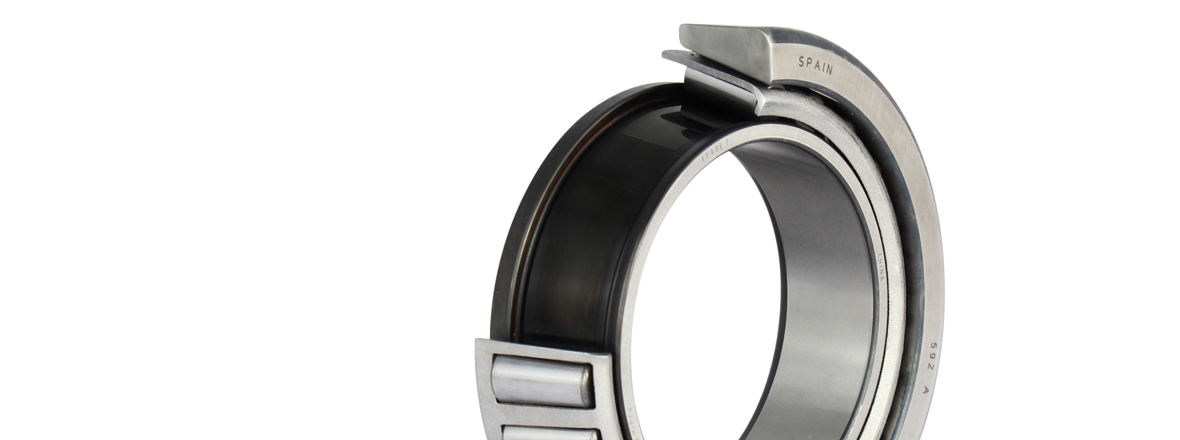We presented the TRIBOSS project at the most important international conference on coatings.
We brought to ICMCTF 2019 the European project we are working on that promises to resolve the issue of premature bearing failures in wind turbine applications.
Fersa Bearings has presented the latest developments in coatings that it is working on as part of the TRIBOSS project at the "International Conference on Metallurgical Coatings and Thin Films (ICMCTF)". This series of conferences took place from May 20 to 24 in San Diego, USA.
This is the main international event on thin films and advanced surface engineering. The ICMCTF is celebrated annually, and this year marked its 46th edition. The series has representatives from across the international community. This year, we attended to present the coatings we are designing with the Tekniker technology center (Eibar-Spain) to prevent hydrogen embrittlement.
The TRIBOSS project is under the EU's Eurostar framework and the Eureka European network of technological projects. With this project, we are working to offer a global solution in the bearings market that stops WEC (White Etching Crack) failures in tapered roller bearings. This type of failure is common in wind turbine applications.
Over the past three years of this project, we have been analyzing possible causes of this type of failure. Although the reasons for WEC are varied, one theory holds that they occur when hydrogen ions, resulting from lubricant decomposition, diffuse from the surface to the base steel, weakening it and leading to premature bearing failure. The TRIBOSS project combines thermal and thermochemical treatments, laser texturing with LSM and tribological coatings (through the use of sputtering with PVD, including new HiPIMS technologies). The project involves other companies such as Flubetech SL (Barcelona-Spain), Fraunhofer IPT (Aachen, Germany) and Holoeye Photonics AG (Berlin, Germany).
TRIBOSS will integrate advanced surface engineering solutions capabilities for key stakeholders, adding value to components and systems that require high performance bearings for wind turbines.

